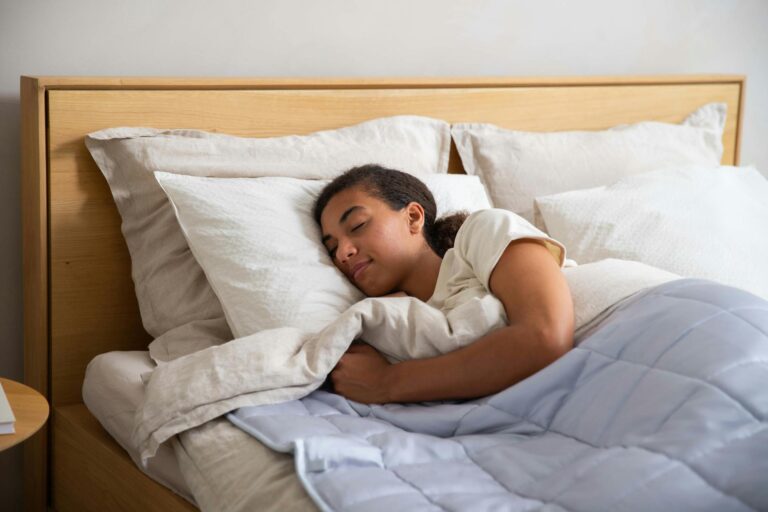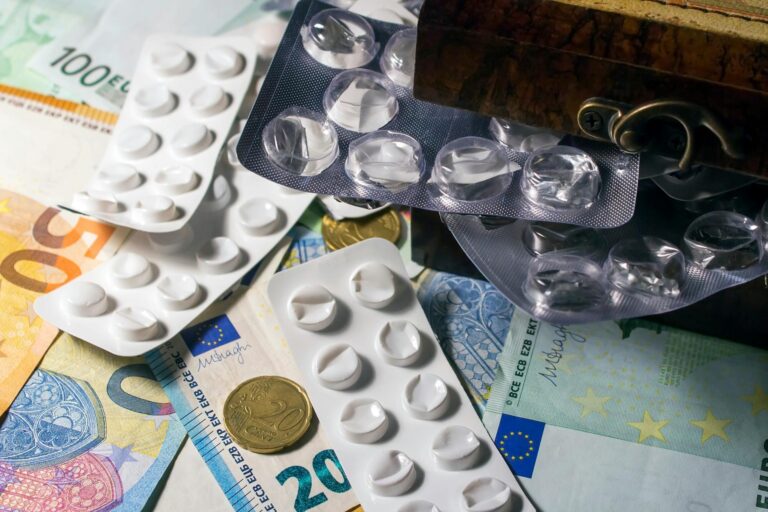Alcohol can indeed trigger skin irritation when combined with active serums, primarily because alcohol itself can be drying and irritating to the skin, and active serums often contain potent ingredients that sensitize the skin. This combination can lead to increased redness, dryness, stinging, or inflammation.
To understand why this happens, it is important to look at the role of alcohol in skincare and how it interacts with active ingredients in serums. Alcohols in skincare come in different forms. Some, like benzyl alcohol and stearyl alcohol, serve as preservatives, solvents, or emollients. Benzyl alcohol, for example, is used in small amounts to keep products stable and safe but can cause allergic contact dermatitis in sensitive individuals, leading to redness, swelling, or rash[1]. Stearyl alcohol is a fatty alcohol that acts as an emollient and is generally less irritating[4]. However, many skincare products also contain simple alcohols such as ethanol or isopropyl alcohol, which are drying and can disrupt the skin’s natural barrier.
Active serums often contain ingredients like vitamin C, retinoids, alpha hydroxy acids (AHAs), or beta hydroxy acids (BHAs). These ingredients work by accelerating skin cell turnover, exfoliating dead skin, or stimulating collagen production. While effective, they can also make the skin more vulnerable to irritation, especially if the skin barrier is compromised.
When alcohol is combined with these active serums, the drying and barrier-disrupting effects of alcohol can amplify the irritation caused by the actives. Alcohol can strip away natural oils and moisture, weakening the skin’s protective barrier. This allows active ingredients to penetrate more deeply and aggressively, which can cause stinging, redness, and inflammation. For example, retinoids are known to cause dryness and peeling, and if alcohol is present, these effects can worsen.
Medical literature and dermatological experts emphasize that alcohol-containing products can exacerbate irritation, especially in sensitive or compromised skin. According to dermatologists, alcohol in skincare can lead to increased transepidermal water loss (TEWL), which means the skin loses moisture more rapidly, leading to dryness and irritation. This effect is particularly problematic when combined with active ingredients that already stress the skin[2].
Moreover, alcohol can interfere with collagen synthesis. Collagen is a key structural protein in the skin that maintains firmness and elasticity. Alcohol consumption has been shown to reduce collagen production, contributing to premature aging and skin damage[2]. While this is more about systemic alcohol intake, topical alcohol can also impair skin barrier function, indirectly affecting collagen health.
It is also worth noting that some alcohols used in skincare are less irritating than others. Fatty alcohols like stearyl alcohol are generally safe and even beneficial as emollients, whereas simple alcohols like ethanol or isopropyl alcohol are more likely to cause irritation. Benzyl alcohol, while used as a preservative, can cause allergic reactions in some people, especially those with sensitive skin or fragrance allergies[1].
In practice, many dermatologists recommend avoiding skincare products with drying alcohols when using active serums. Instead, they suggest formulations that use fatty alcohols or alcohol-free bases to minimize irritation. Patch testing new products is also advised to check for sensitivity.
In summary, alcohol can trigger or worsen irritation when combined with active serums because it disrupts the skin barrier, increases dryness, and amplifies the effects of potent active ingredients. The type of alcohol matters, with simple alcohols being more problematic than fatty alcohols. People with sensitive skin or those using strong actives should be cautious and consider alcohol-free or low-alcohol formulations to reduce the risk of irritation.
Sources:
[1] Zicail.com – Benzyl Alcohol in Skincare: Uses & Safety
[2] Bubsnaturals.com – Does Alcohol Kill Collagen in Your Skin? Exploring the Effects of Drinking on Skin Health
[4] Britannica.com – Stearyl Alcohol chemical compound





